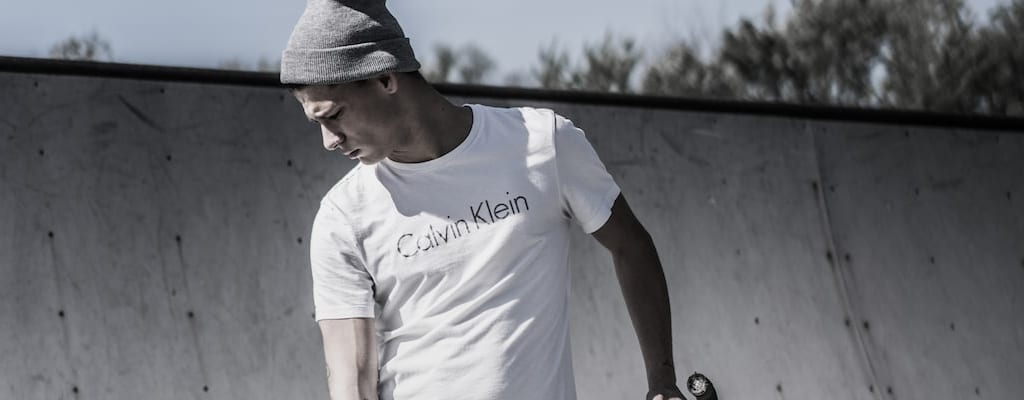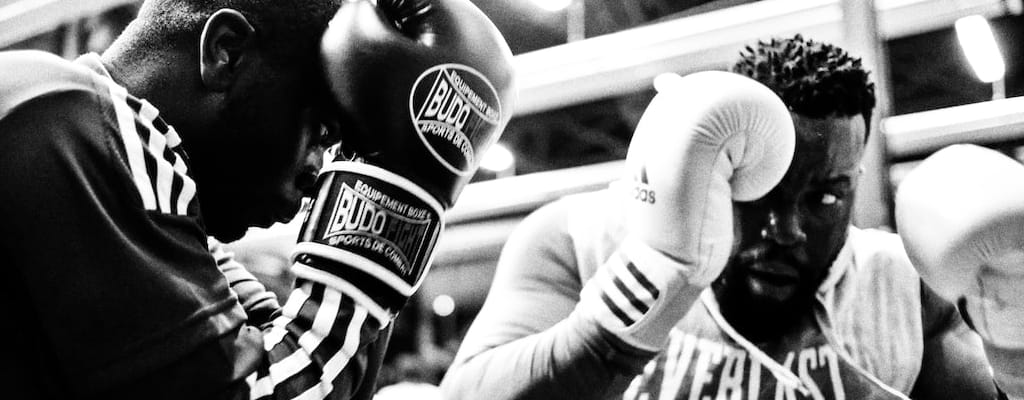ride the pine: Idiom Meaning and Origin
What does ‘ride the pine’ mean?
The idiom "ride the pine" means to sit on the bench and not participate in a game or activity, often used in the context of sports.

Idiom Explorer
The idiom "ride the wave" means to go along with or take advantage of a favorable situation or trend. It implies adapting to the circumstances and enjoying the success or benefits that come from it.
"Ride the rails" is an idiom that means to travel by train, often used specifically to refer to the experience of being a hobo and illegally hopping on trains to get from place to place.
The idiom "ride tall in the saddle" means to display confidence, authority, and control in a situation. It is often used to describe someone who is self-assured and in a position of power.
The idiom "ride someone hard and put them away wet" means to use someone relentlessly and then discard them without consideration for their well-being or feelings.
The idiom "ride out" means to endure or survive a difficult situation or problem without giving up or being greatly affected by it.
The idiom "ride one's luck" means to depend on chance or luck, often in a risky or daring situation, rather than on one's own skills or abilities. It suggests taking advantage of favorable circumstances without having much control over the outcome.
The idiom "ride off into the sunset" means to have a happy or satisfying ending or departure, often in a romantic or idealized way.
The idiom "ride down" means to criticize, demoralize, or defeat someone or something relentlessly or continuously, often through stubborn persistence.
FAIL
The idiom "ride out" is closely related to the expression "ride the pine." Both phrases share a sense of waiting or enduring a difficult situation. While "ride the pine" specifically refers to sitting on the bench or sidelines in a sports context, "ride out" is a more general expression that can be used in various situations. It means to endure or wait out a challenging or unpleasant experience, without taking immediate action. When someone says "ride out the storm," for example, they mean to wait for a difficult period to pass, rather than trying to resolve the situation immediately.
no horse in this race" is another idiomatic expression that relates to "ride the pine." Both phrases convey a sense of not being directly involved or having a stake in a particular situation or decision. "No horse in this race" means that someone is not personally invested in the outcome or has no strong preference for one side or the other. It is often used to indicate impartiality or a lack of bias. Similarly, when someone is "riding the pine," they are not actively participating in the game or activity, indicating a lack of direct involvement or significance in the outcome.
"play ball" is an idiomatic phrase commonly associated with the start of a baseball game. It is used to initiate the game and signal the players to begin playing. The phrase is often shouted by an umpire or team captain to officially start the game. "Play ball" is closely related to "ride the pine" because it represents the opposite situation. While "ride the pine" means waiting on the sidelines and not participating, "play ball" signifies the start of active engagement and involvement in the game. It is a call to action and signals the beginning of competition and play.
Example usage
Examples of how the idiom "ride the pine" can be used in a sentence:
- During the basketball game, Joe had to ride the pine because he sprained his ankle.
- The coach decided to start the new player and make the regular point guard ride the pine.
- After not performing well in practice, Tim was told by the coach to ride the pine for the rest of the game.
More "Sports" idioms



